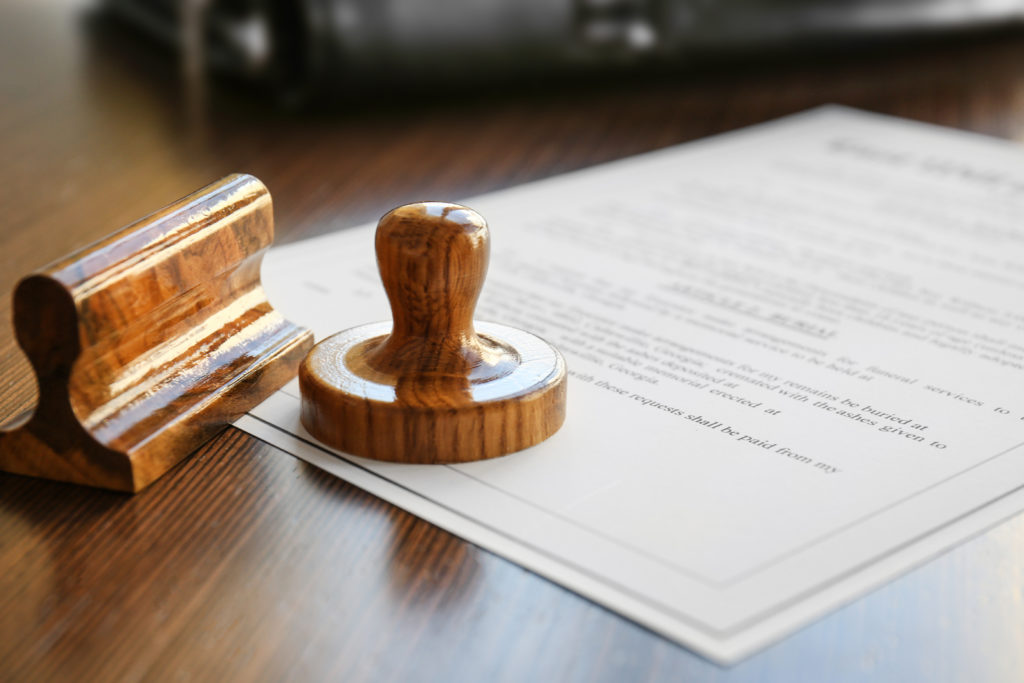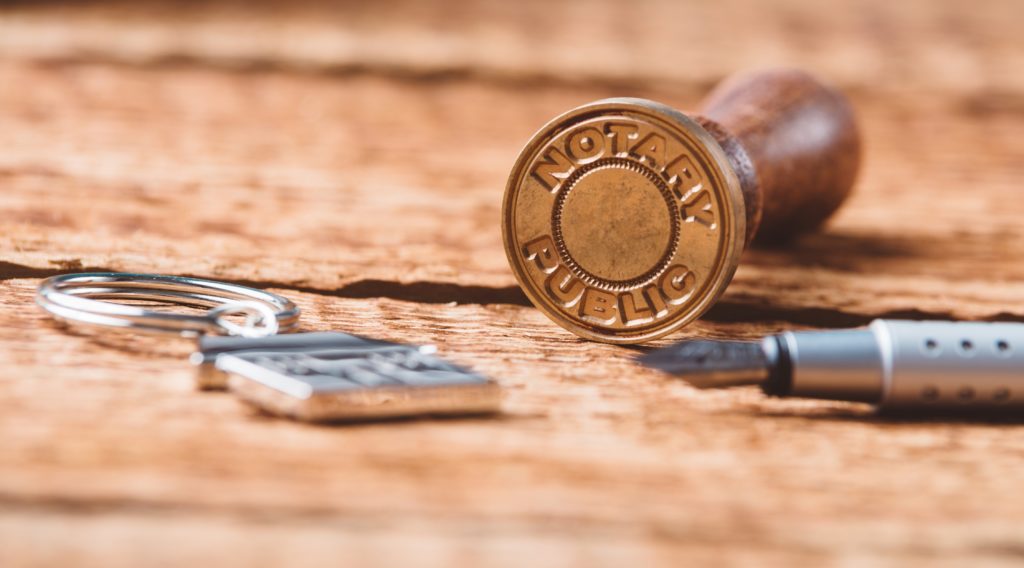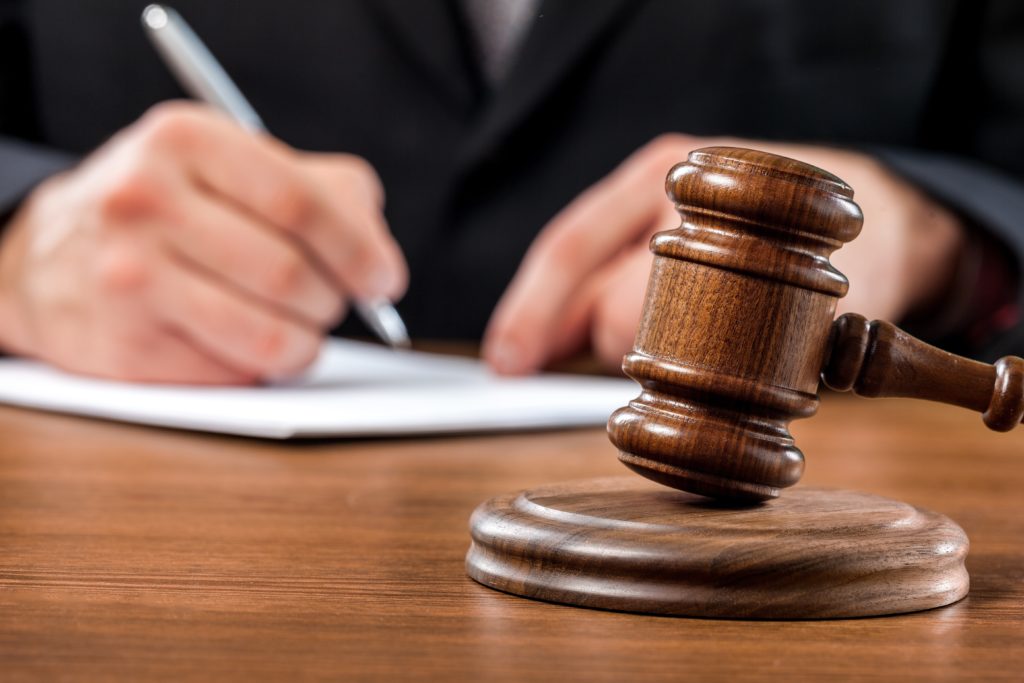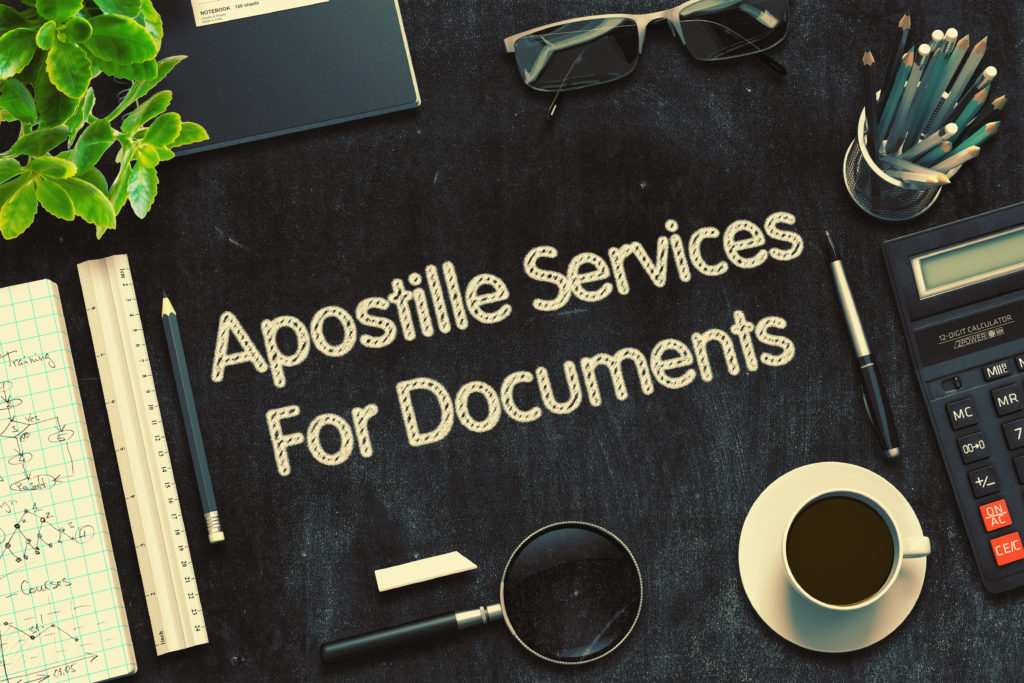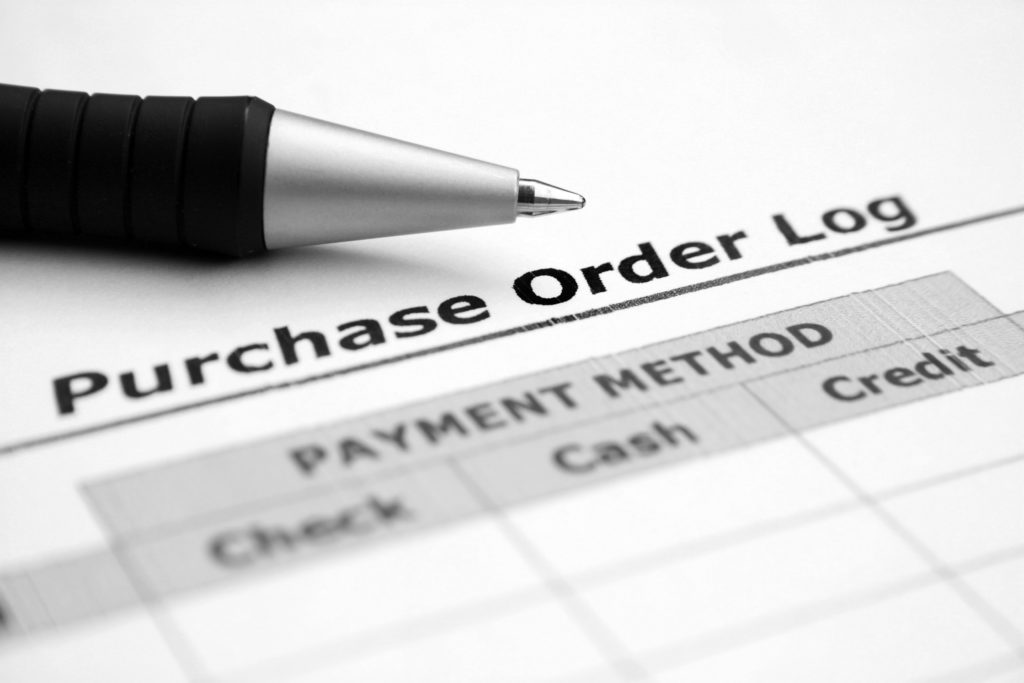Everyone has the need for a notary acknowledgment at one point or another. Whether dealing with personal or business matters, it is essential you know exactly what it is you need and where to get it. What is a notary in the first place? What is the difference between an acknowledgment and a jurat notarization? How do I avoid notary fraud? In this article, all of your questions about a notary acknowledgment will be answered.
What is a Notary Acknowledgment?
A notary acknowledgment is when a signature is proven authentic and true in the presence of a notary public. Not only does the notary public physically verify the identity of the signer, but they confirm that they understand the document in full and are signing willingly. This seemingly simple exchange actively aids in the prevention of fraud. This is important because notarization is often required on documents of great importance and/or financial dealings.
What (or rather, who) is a Notary?
A notary public is an official representative of the state. Most often, a notary represents the office of the secretary of state. Sometimes a judge or lawyer may act as a notary, so long as they have no legal or personal stake in the document requiring notarization.
There are over 4 million notaries in the United States. While it is incredibly easy to become a notary, the responsibility should not be taken lightly. Notary fraud can take place on either side of the table. That is to say, the signer(s) or notary themselves can all be held accountable for attempted notary fraud. More on that later.
Official notary laws differ vastly from state to state. Requirements regarding training and certification testing fluctuate widely depending on your state of residence. The handful of states that require training only require a 3-6 hour course on the topic. Which brings us to…
Notary vs. Attorney
It is absolutely essential to understand that a notary is not allowed to act as your attorney. A notary is legally not able to answer questions or give any legal advice regarding the contents of the document in question. By the time you are in the position to have a document notarized, you should already have any legal questions answered by the proper authorities (i.e. a lawyer). A notary is intended to ensure you understand what you are signing, and that you are freely choosing to do so.
However, as previously stated, a lawyer can be a notary as well. They simply cannot notarize a document in which they have acted as legal counsel.
Notario Publico vs. Notary Public
Another essential distinction to make is between that of a notario publico and a notary public. While directly translated, notario publico means “notary public” they carry very different meanings. In Hispanic cultures, a notario publico is, in fact, a legally licensed representative that can draft documents and dispense legal advice.
In America, almost anyone over 18 with a clean record can become a notary public. However, in Mexico, for example, one must be over 35 years of age with a minimum of five years of legal experience to become a notario publico. With this higher standard of qualification, notario publico’s have a much broader definition of duties. Such as drafting legal documents, checking documents for legal discrepancies, and acting as a representative during judicial proceedings.
This distinction is especially important when dealing with immigration documents, or clients from Hispanic cultures that may not be aware of the difference. It is essential that a notary in the U.S. inform any client that they are not to act as their attorney.
When do I Need a Notary Acknowledgment?
There are countless documents that may require notarization. It is important to note that state laws regarding notarization vary widely. That is to say, some states may require notarization on certain documents that other states may not. However, across the country, commonly notarized documents include:
- Loan documents
- Last will and testaments
- Power of Attorney
- Various court documents (such as affidavits)
- Guardianship and/or custody paperwork
- Certain employee/vendor contracts
- Mortgage closing paperwork
- Trusts
- Executorships
- Prenuptial agreements
- Divorce proceedings
- Property deeds
- Commercial Leases
- Articles of incorporation
- …and more
Some of the aforementioned documents may require a jurat notarization as opposed to a standard acknowledgment. Stay tuned to learn about jurats later in this article.
Where to get a Notary Acknowledgment
Fortunately, most cities and towns have a number of notaries you can easily access. However, pricing and availability vary depending on your location. For example, if you live in a big city, you can probably find a notary at midnight on a Sunday if need be (for the right price). However, if you live in a smaller town, you likely have to stick to regular business hours. The list below should serve as a helpful jumping off point as your search for your perfect notary.
Find a Notary Near You
As previously stated, there are millions of notaries in the United States. As a result, it should not be terribly difficult to find a notary near you. Here are some common places one might find a notary:
- An attorney’s office
- Banks
- Car dealerships
- Certain doctor’s offices and/or pharmacies
- Embassy’s or consulates (a helpful tip when traveling abroad!)
- Insurance agencies
- Hotels
- Public libraries
- City Hall
- Mail stores (UPS is a big one!)
- Real estate agencies
- Travel agencies
A notary is an official of the state and therefore is there to serve the public. Therefore, if you go to any one of the above institutions, even if you are not a client/member you cannot be turned away on those grounds alone.
Furthermore, be sure to call and confirm hours, availability, and pricing of notarization services at any of your local businesses.
Free Notary
You may be asking yourself, “how much does notarization cost?” Well, pricing varies greatly on your location and availability. However, it is legally set in most states that notaries cannot charge over a certain amount. The standard pricing structure stems from a per-signature system. In California, for example, notaries cannot legally charge more than $10 per signature.
On the other hand, there are a number of free and/or low-cost notary services out there. For example:
- Banks and credit unions – Bigger bank chains often provide free notary services to account-holding clients. Most credit unions offer a low-cost notary on site
- AAA offices – AAA members often can reap the benefit of a free notary at their local office
- Your workplace! – Depending on your place of employment, there is a good chance someone in your office is a notary. Especially if you work for a larger corporation, some companies even have a notary on staff
- Local police station – Many police stations offer a low-cost notary
- Military base – If you, or a member of your immediate family, is an active member of the military, you can typically access complimentary notary services on base
- Universities – Are you a student? Check with your university student services to make an appointment when a free notary on campus
Mobile Notary
Better yet, why go to them when they can come to you? As we are now deep into the digital age, it should come as no surprise that you can order a notary like you can order food for delivery. Especially if you live in a thriving metropolis, you can request a notary to come straight to your home or office.
Consequently, these “luxury” services come with a higher price tag. Mobile notaries typically charge an added fee for there travel time and expense. However, in the long run, this service can save you your most valuable asset of all: time.
Notary Acknowledgment: The Process & What to Bring
So you have your document and found your notary, what now? Below is everything you should expect when going to get a document notarized.
Identification
The foundational element of any proper notarization is proof of identity. Successful identification of any signing party is fundamental in preventing fraud and forgeries. As with many elements of notarization, acceptable forms of identification vary from state to state. However, the essential elements of your identification are:
- A recent, easily identifiable photo
- Your signature
- The issuing authority (the state of issue, i.e. Texas)
- Brief physical description (such as height, weight, eye color, etc)
Universally speaking, a state-issued drivers license or a valid passport beautifully fits this bill. However, if you have a foreign or military i.d., be sure to check your states acceptable forms of identification.
Once the notary has confirmed the identity of the signer, they will ensure that the signer understands the document in full and is signing at their own free will.
The Document
This may seem like a no-brainer, but don’t forget to bring the document requiring notarization! It is essential that you include all pages of the proposed document. Any missing pages and/or amendments require a new notarization be performed.
Save yourself some time at the appointment by having all black fields pre-filled out. However, resist the urge to sign on any of the proverbial dotted lines until your appointment. While certain notarizations accept pre-signed documents, sometimes you are required to sign the document in the presence of the notary. Save yourself the trouble of guessing and wait to sign!
All Signing Parties
More often than not, documents needing notarization require the signature of more than one person. If this is the case, you can save yourself valuable time and money by bringing all involved parties to the same appointment.
Notary Fee
As previously stated, some notaries require a fee per signature. Be prepared to take any required financial responsibility.
Acknowledgment Form
Any successful notarization will include a notary acknowledgment form or “certificate”. This page will declare the authenticity of the signatures with wording such as “acknowledged before me”. This is also the page where the notary will sign and stamp the document, making the notarization official.
Often times, whoever drafts the document will include this form. However, if you do not have it, a seasoned notary should be able to provide it on site.
Notary Signature and Stamp
Finally, your notary will sign and stamp your document. The stamp of the notary is the final piece of the puzzle. Notary stamps come in many different shapes and sizes, varying widely from state to state. However, every notary stamp across the country will include three vital pieces of information: the name of the notary, the state of certification, and the expiration of said notary’s commission.
Jurat vs. Notary Acknowledgment
A jurat notarization is a more thorough form of notarization. All of the previously mentioned steps in a notary acknowledgment also take place during a jurat notarization. However, the key difference is that a jurat requires a verbal confirmation in the way of an oath or affirmation. Jurat notarizations are often required when dealing with mortgages, loans, or other documents dealing with financial business. Be it an oath or affirmation, this act formally declares the truthfulness of the document.
Oath Definition
An oath is a verbal promise of truth before God. Oaths are intended to perpetuate honesty and integrity. For example, the president of the United States takes an “Oath of Office” upon getting sworn in. Furthermore, doctors take the Hippocratic oath as a promise to uphold an ethical medical practice. Clearly, oaths are not meant to be taken lightly.
Affirmation Definition
An affirmation carries the same weight as an oath, however, an affirmation does not mention a higher power. Instead, an affirmation is a vow of personal honor.
What Happens During an Oath of Affirmation?
Whether an oath or an affirmation, the following is true:
- The person receiving the oath must verbally accept. Either a “yes” or an “I do” is typically acceptable. Non-verbal forms of acceptance, such as a nod of the head, are not suitable.
- The oath must be verbally accepted by the person signing the document. Therefore, someone cannot accept on the signer’s behalf.
- The notary may ask you to raise your right hand during the reading and acceptance of the oath. This act is not legally mandatory but is often done to further signify the importance of the oath.
- The signer can choose whether they prefer to accept an oath or affirmation, both are acceptable in the eyes of the law.
How to Avoid Notary Fraud
The very premise of a notary public is to actively prevent fraud. However, whether intentional or accidental, notary fraud does happen. Notary fraud can be at the hand of the signer, or the notary. Notary fraud can lead to lawsuits with lengthy and expensive lawsuits. Here are red flags when it comes to possible notary fraud:
- A notary charging more than is legally acceptable in your state
- A notary dispensing legal advice, or offering to amend or draft documents
- Online or over the phone notary services – official notarizations must take place in the physical presence of the notary
- The signing of a document under a different name that was accepted by the notary
- A notary using an expired stamp
- A signer expressing signs of nervousness (excessive perspiration, trying to hide their face, etc)
- A notary notarizing their own signature (or a document in which they have personal involvement)
- Backdating of documents (i.e. using an earlier date than the actual date of notarization)
If you suspect your notary is attempting notary fraud, do not sign the document and report them to your local secretary of state’s office. To best ensure you hire a reputable notary public, consult the American Society of Notaries.
Signer Awareness and Acceptance
A vast percentage of notary fraud deals with improper identification or lack of authentic consent. To reiterate, an integral part of a notary’s job is to confirm the identity of the signer, as well as their understanding and voluntary willingness to sign the document at hand. Unfortunately, there are several instances where the signer in question may not be in their best state of mind at the time of the signing. Clients are often elderly, and in some cases are suffering from the effects of dementia or Alzheimer’s. Additionally, sometimes notarizations take place in hospitals with patients that are recovering from surgery or are taking medications that may blur their judgment. Read on to find out how best to confirm well-informed consent.
How to Determine Awareness
Extra care must be taken if and when a notarization involves a person with questionable awareness. No matter the issue (age, alcohol, medication, etc), here are some simple procedures that can help determine if the signer is adept enough to sign the document:
- A Friendly Introduction – In these types of situations, a strange face can often cause alarm or tension. Therefore, a notary in this position should kindly introduce themselves and explain their purpose in a friendly and easy to understand manner
- Ask well-crafted Questions – The notary can, and should, ask a series of simple questions to help determine awareness. Non-personal topics are ideal in this situation. For example, you can discuss the weather, recent political news, or geographical data. The type of things someone of sound mind would be able to easily recall.
- Acquire Confirmation – When all else fails, ask the signer if they know the title of the document. Make sure the signer themselves is able to name and recall this information
- Look for signs of Hesitation – Does the potential signer appear confused? Hesitant? Disoriented? Having trouble communicating?
- Read the Room – Often times, especially in delicate situations involving hospice or ailing health, there are likely going to be several family members present. Pay attention to family members urging the signer to sign, especially if the signer seems unwilling or confused
If you suspect lack of informed consent, politely decline the notarization.
How long is a Notarized Document Valid?
Simply put – there is no single answer to this question. Length of validity varies from document to document and from state to state. However, here are a few common examples to look out for. Such as:
- Should any amendments be made to a document post-notarization, the original document is no longer valid. Meaning, any changes made would require a new notarization for the document to remain official
- Power of Attorney notarizations, for example, only last as long as the executor is alive. Or, until the executor revokes the power of attorney.
- A notary’s stamp/certification typically lasts four years. Therefore, upon signing, a notary’s stamp will typically have an expiration date of four years or less. However, so long as the document was notarized before the date of commission expiration, the document remains valid. In other words, the expiration date on your notary’s seal does not reflect the expiration of the document itself
Be sure to check with your attorney, or state’s authority, to clarify any possible expiration of your particular document.
Is Notarized Legally Binding?
It is important to note that getting a document notarized does not translate to the said document being legally binding. However, should a document need to be contested in court, having had that document notarized beforehand does add “legal weight” according to www.legalbeagle.com.
Anyone can get anything notarized. In order for the contents of a document be considered legal, a licensed and practicing lawyer must draw up the document. You are likely aware that lawyers attend several years of school and must pass a rigorous test (the state bar exam) to become a practicing lawyer. A notary, on the other hand, takes a max of 6 hours of voluntary courses. Most states don’t even require notaries complete any training or pass a test.
To enumerate, simply getting a document stamped by an official notary seal does not magically make your document legally binding.
Notary Acknowledgments: In Summary
To review, a notary acknowledgment is when an official representative of the state witnesses the signing of a document. This witness, or “notary,” will confirm the signer’s identity and that they understand the document, and are choosing to sign freely. A notary cannot legally advise upon the contents of the document, or act as an attorney in any way. Notary laws vary widely from state to state, so be sure to check your state’s local notary laws to avoid any notary fraud or errors. Thank you for reading!
Sources
http://www.notarysuccess.com/notary_acknowledgment.html
https://work.chron.com/documents-can-notary-public-sign-10222.html
https://www.notarypublicstamps.com/articles/what-is-a-notario-publico/
https://www.nationalnotary.org/notary-bulletin/blog/2015/06/determining-signer-awareness
https://www.thebalanceeveryday.com/where-to-notarize-affidavit-896914
https://www.nationalnotary.org/knowledge-center/about-notaries/what-is-notarization
https://www.nationalnotary.org/notary-bulletin/blog/2015/05/your-guide-notary-oaths-affirmations
https://www.quora.com/How-long-is-a-notarized-document-valid
https://legalbeagle.com/7499317-notarized-document-hold-up-court.html
